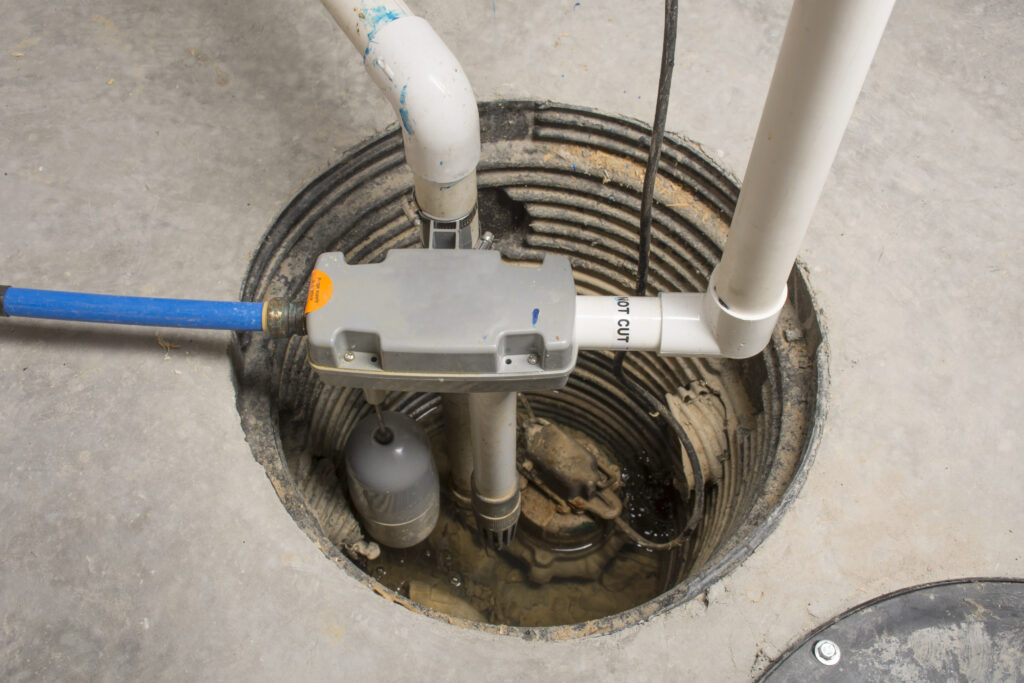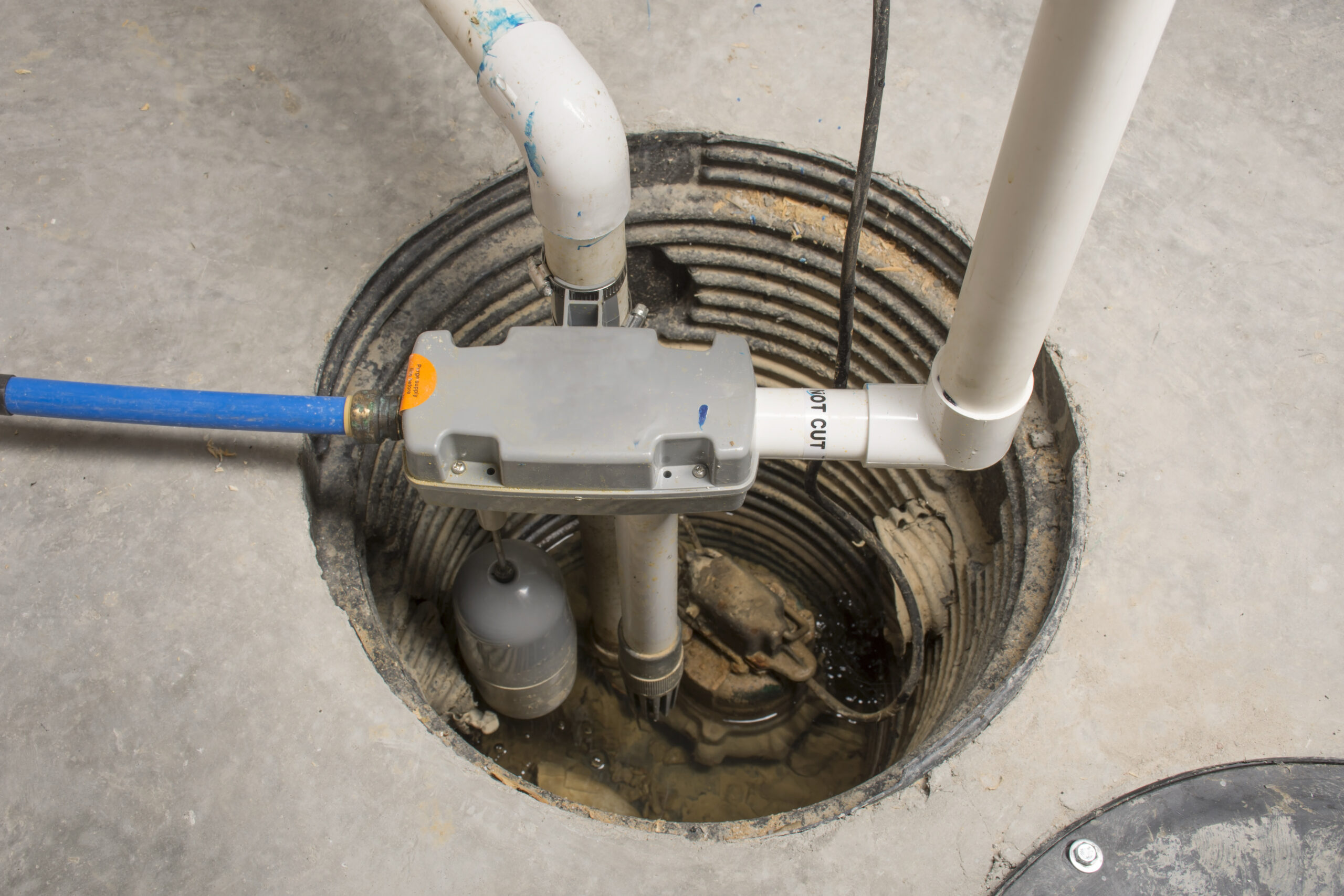
HOW DO WELL PUMPS WORK?
One out of eight people in the US turn to a private well to get water, which is made possible by water pumps. As the name suggests, this device takes water from a well to a tank. Depending on the well pump you own, the mechanism either pushes water and forces it up or suctions this liquid and sends it straight to your home. The pump provides the necessary water to keep your tank full without reaching high pressure and damaging the system.
WHAT USE DO SUMP PUMPS HAVE?
While well pumps are a popular system to get fresh water, sump pumps are only a must for homeowners who tend to experience constant flooding. Experts install sump pumps in an underground pit, and the mechanism absorbs water that gets inside this space and redirects it away from your home. Thanks to this effective device, heavy rainfall and natural disasters are no longer a concern.
SIGNS YOUR WELL PUMP NEEDS REPAIRING
If your toilet and kitchen get water from a well pump, you might experience some of the following situations that signify a problem:
- Lower water pressure
- Brownish, dirty water due to accumulated sediments and sand
- Unusual sounds
If Your Well or Sump Pumps Have Been Giving You Trouble, We Can Help
Understanding the difference between well and sump pumps is vital to know which mechanism you need at home. Hi-Tech Plumbing and Air offers repair, maintenance, and installation services to keep your well or sump pump in shape. Contact us today to schedule an appointment with our skilled plumbers!
Categories:

